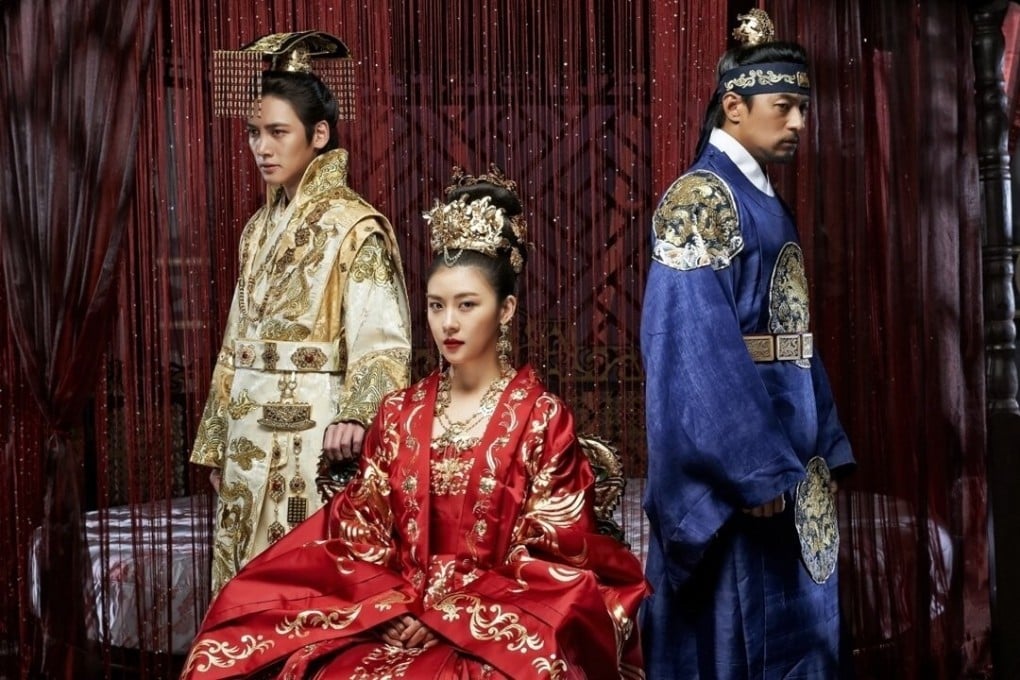Reflections | The tale of Empress Gi, a Korean in China whose imperial scheming was worthy of a K-drama
- Presented to Mongol emperor Toghon Temur as a tea maid, Gi charmed her way to power in the Yuan dynasty
- Her plot to depose the emperor, however, resulted in tragedy, war and the downfall of the dynasty

There was a time in China, during the Yuan dynasty (1271-1368), when Korean women were popular not as entertainers but as wives in the households of the ruling Mongol grandees. One even became the empress of China.
Empress Gi (or Qi in Mandarin) was born in 1315 near modern-day Seoul to a family of low-ranking officials. Aged 18, she was part of an entourage of young women presented by the Goryeo kingdom, in the Korean peninsula, as tribute to their Mongol overlords of Yuan-dynasty China.
Gi was assigned as a maid in charge of tea in the palace of the Mongol emperor Toghon Temür. However, her beauty and wit soon won the emperor’s favour, who made her one of his consorts. She bore his son in 1339 and he named her as one of his two empresses the year after.
Empress Gi monopolised the emperor’s affections and took advantage of his indolence to exercise political power in his name. Her brother Gi Cheol (Qi Zhe in Chinese) was appointed by the Mongol court as overseer of the east, making him the de facto ruler of the Korean peninsula. Gi Cheol and his brothers, emboldened by their sister’s position and power in China, plotted to overthrow King Gongmin of Goryeo, but their plot failed and the whole Gi clan was exterminated in 1356 by the Korean king.
